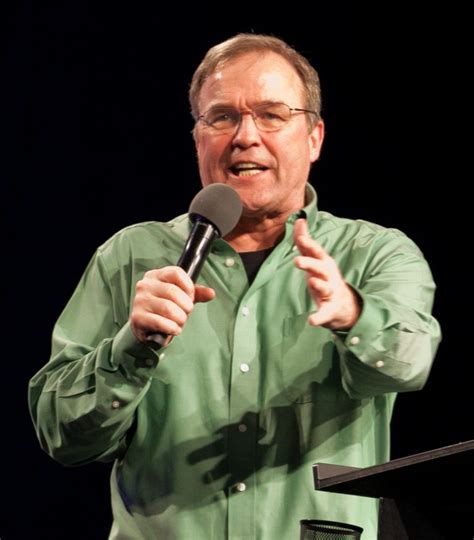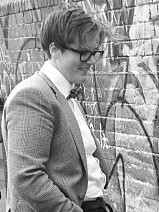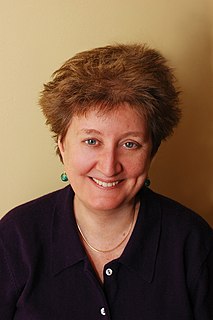A Quote by John Bradshaw
Healthy shame is an emotion that teaches us about our limits. Like all emotions, shame moves us to get our basic needs met.
Related Quotes
Shame usually follows a pattern—a cycle of self-recrimination and lies that claims life after life. First, we experience an intensely painful event. Second, we believe the lie that our pain and failure is who we are—not just something we’ve done, or had done to us—and we experience shame. And finally, our feelings of shame trap us into thinking that we can never recover—that, in fact, we don’t even deserve to.
I believe we all have lists of shame. Long lists. We live with our constellation of shames quite privately. But they weigh us down. I wish I could abracadabra away shame. This is such a waste of our small time on earth. Our bodies are often the focus of shame. The shame of the body changing. Of the sexual body. Of the aging body. Not being able to do what you once could do. Even just looking at your skin as you age, the texture, the wrinkle, the sag, and somehow feeling ashamed and responsible for its changes.
Feelings and stories of unworthiness and shame are perhaps the most binding element in the trance of fear. When we believe something is wrong with us, we are convinced we are in danger. Our shame fuels ongoing fear, and our fear fuels more shame. The very fact that we feel fear seems to prove that we are broken or incapable. When we are trapped in trance, being fearful and bad seem to define who we are. The anxiety in our body, the stories, the ways we make excuses, withdraw or lash out—these become to us the self that is most real.
And nothing inspires as much shame as being a parent. Children confront us with our paradoxes and hypocrisies, and we are exposed. You need to find an answer for every why — Why do we do this? Why don’t we do that? — and often there isn’t a good one. So you say, simply, because. Or you tell a story that you know isn’t true. And whether or not your face reddens, you blush. The shame of parenthood — which is a good shame — is that we want our children to be more whole than we are, to have satisfactory answers.
...how little our side of the industry did to move its business to the more ethical firms and to make a fuss about conflicted or unethical behavior. Had a number of us moved our business, we might have slowed or even stopped the 30-year slide in conflicted, unethical behavior that we have experienced. I, for one, regret the modest nature of our moves. We all could have done more. We have tolerated a pretty nasty decline in standards. Shame on us.
Shame has its place. Shame is what you do to a kid to stop them running on the road. And then you take the shame away, and immediately, they're back in the fold. You should never soak anybody in shame. It's the prolonged existence of shame that then flips out into destructive rage. We can't exist in that. It's like treacle.
The difference between guilt and shame is very clear--in theory. We feel guilty for what we do. We feel shame for what we are. A person feels guilt because he did something wrong. A person feels shame because he is something wrong. We may feel guilty because we lied to our mother. We may feel shame because we are not the person our mother wanted us to be.
There are two gods. The god our teachers teach us about, and the God who teaches us. The god about whom people usually talk, and the God who talks to us. The god we learn to fear, and the God who speaks to us of mercy. The god who is somewhere up on high, and the God who is here in our daily lives. The god who demands punishment, and the God who forgives us our trespasses. The god who threatens us with the torments of Hell, and the God who shows us the true path.
There are two gods. A god who casts us off because of our sins, and a God who calls to us with His love.









































